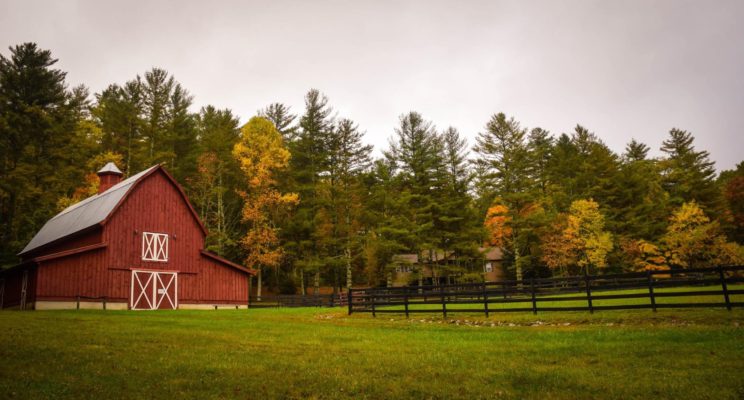Barry Blackburn was fighting late-stage cancer when he asked his aide for a will to preserve his “family legacy”: hundreds of acres of farmland and lakefront properties in Alabama, Mississippi, and Tennessee that had been in the Blackburn family since the War of 1812.
His only son, Christopher, was to inherit first; and if Christopher predeceased him, Barry, a one-time estate planner, said he wanted his sister’s kids to inherit everything. If there were no living beneficiaries, the estate would be divided among Nashville Christian School, Harpeth Presbyterian Church, the University of Mississippi, and Boykin Spaniel Rescue.
One year later, Christopher died, childless, at 21. His death triggered a fight that led the four institutions to litigate against Barry’s only nephew and nieces, ages 13, 8, and 3. They argued that the placement of the word “predecease” in the will meant they, and not the children, were his intended beneficiaries.
Barry Blackburn’s grieving sister, the mother of the three children, Rebecca Lowry, told The Tennessean that the battle is particularly painful because of the family’s longstanding ties to the institutions vying for the estate—”it doesn’t feel fair.” Lowry and her late brother Christopher attended Nashville Christian School, and they were baptized at the Harpeth Presbyterian Church, which was founded by Gideon Blackburn, a preacher, in 1811. Rebecca was married in the church.
A Mississippi state court recently ruled for the children after a review of his aide’s notes made clear Barry’s intent—and that the wrong words ended up in the wrong place in the will—what it called a “scrivener’s error.” All of the institutions are appealing. We expect them to lose on appeal because the trend in the United States is that, on appeal, probate courts are granted broad discretion to determine the intent of the decedent based on evidence of mistake. A recent similar California Supreme Court case on “extrinsic evidence” is Estate of Irving Duke v. Jewish National Fund, 61 Cal 4th 871 (2015).
Attorney Blackburn could have prevented all this chaos by having a professional estate planning attorney prepare the will instead of doing it himself. Anyone who takes the financial shortcut of writing their own will, whether on paper or using an online template, risks making such grievous mistakes. When people don’t pay a lawyer to prepare their will, their heirs often pay for it many times over in legal battles and even lost inheritances (pay now or pay later). So have an experienced estate planning lawyer prepare your documents in proper legal form so that your legacy is love and not war.
About the author:
John O’Grady leads a full-service estate and trust law firm in San Francisco. His practice includes Estate Planning & Administration, Probate and Trust Litigation.




